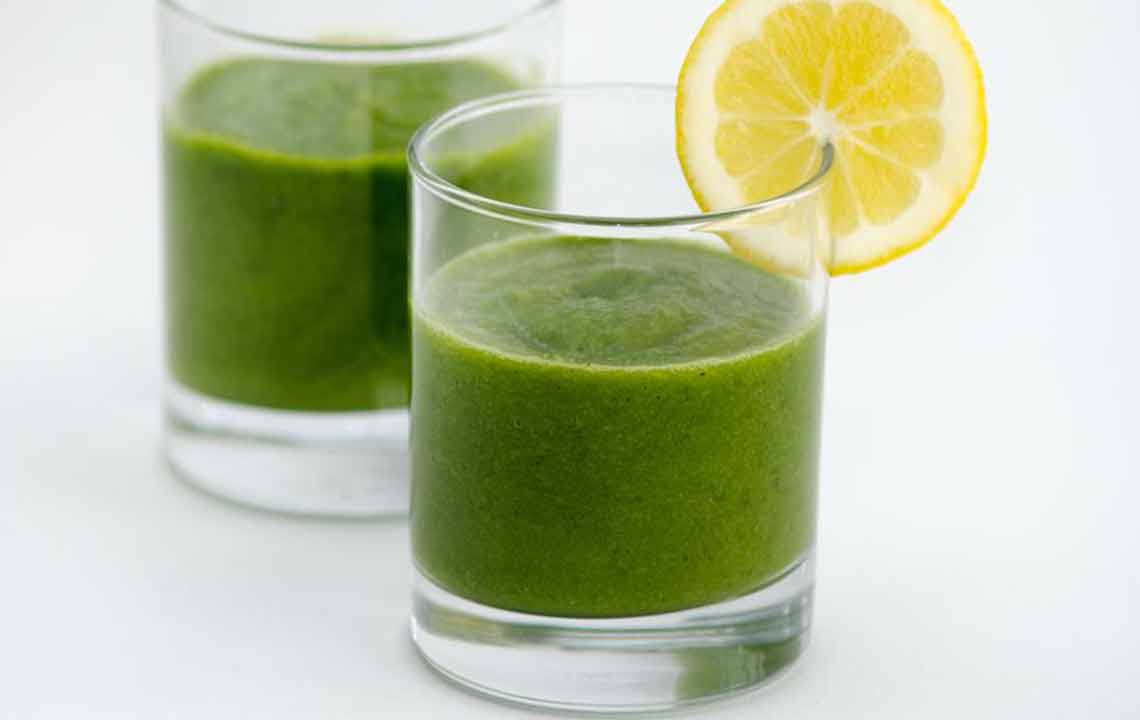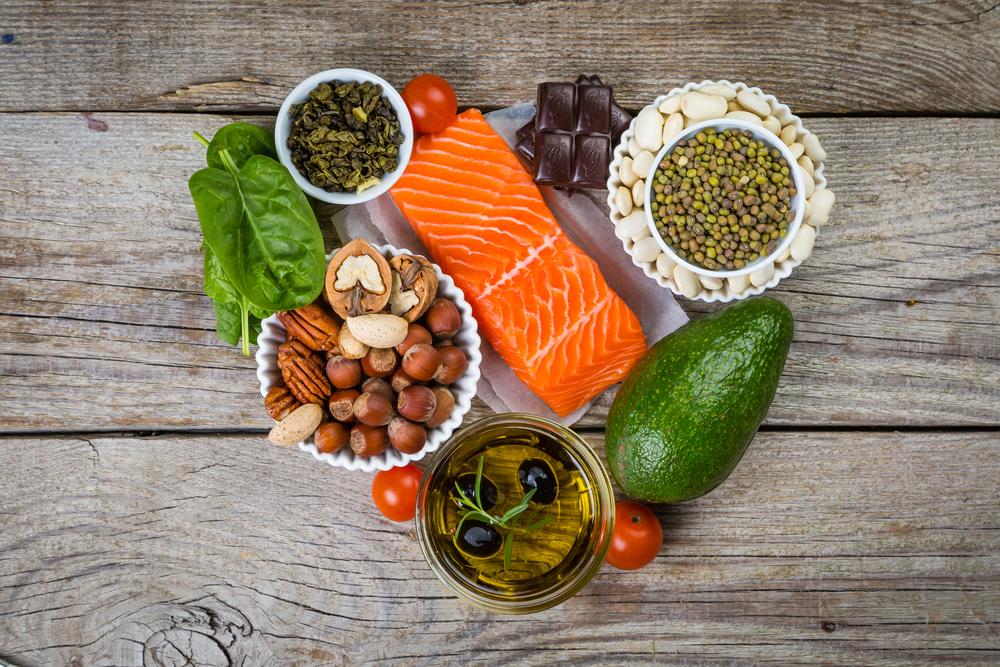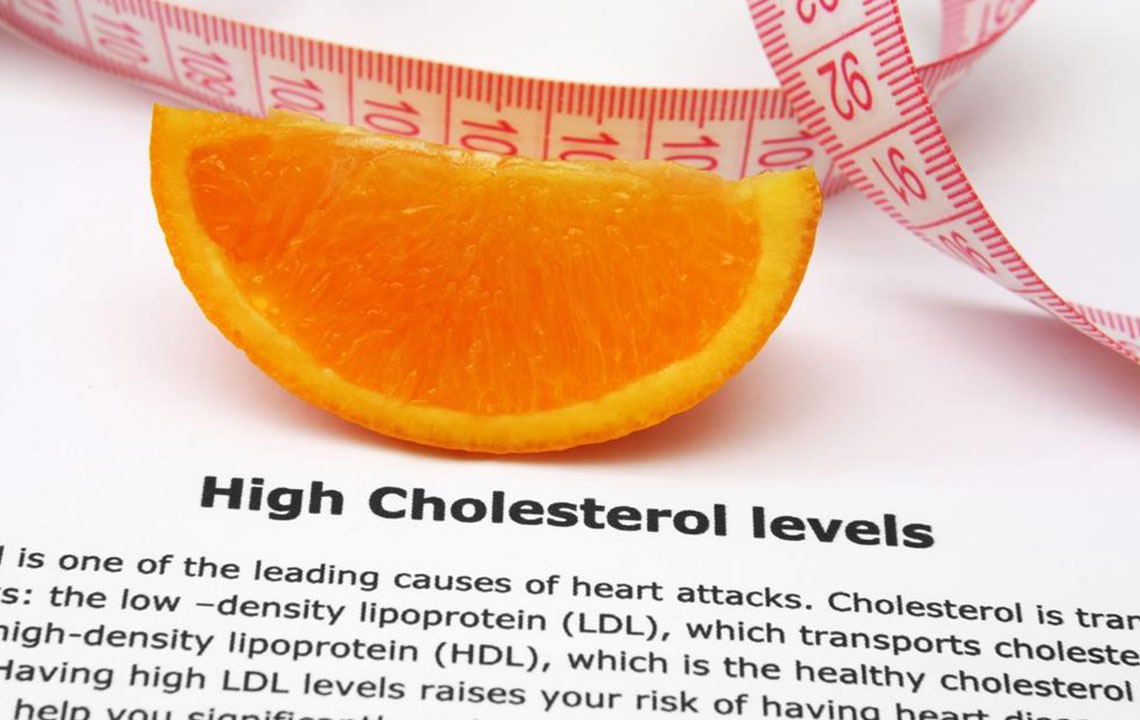Effective Strategies to Lower Cholesterol Naturally
Learn effective natural techniques to lower your cholesterol levels, including dietary changes, physical activity, and lifestyle modifications. These tips can complement medication and promote heart health within a short period.
Sponsored

Elevated cholesterol levels can signal an unhealthy lifestyle, poor diet, and increase your risk of heart disease and other health problems. While medications prescribed by your doctor help manage cholesterol, adopting certain lifestyle changes can significantly enhance your health and support these treatments. Here are some proven methods to naturally reduce cholesterol levels:
Substitute saturated fats: Replace red meats and high-fat dairy with healthy options like olive oil, canola oil, and lean proteins. Limit saturated fat intake to 7% of daily calories.
Eliminate trans fats: Trans fats raise bad LDL cholesterol and lower good HDL cholesterol, increasing heart attack risk. Avoid fried foods, fast foods, baked goods, and snacks labeled as 'no trans fats,' as they often contain traces of trans fats.
Consume omega-3 rich foods: Regularly include fatty fish like salmon, mackerel, and herring, along with walnuts, almonds, and flaxseeds to boost HDL levels and lower blood pressure.
Add soluble fiber: Foods such as oats, beans, lentils, and vegetables help decrease LDL cholesterol. Starting your day with oats not only controls cholesterol but also assists in weight management.
Increase whey protein intake: Derived from dairy sources like milk, whey protein can support cholesterol health. Consult your doctor before adding supplements to your diet.
Quit smoking: Stopping smoking improves blood pressure and heart health quickly, reducing overall cardiovascular risk.
Stay active: Engage in at least 30 minutes of physical activity daily, such as walking, jogging, swimming, or playing sports, to elevate good cholesterol levels and promote heart health.
Drink plenty of water: Aim for a minimum of 2 liters daily to help detoxify your body and stay well-hydrated, supporting overall health.
Limit alcohol consumption: While moderate drinking may impact HDL levels, it's best to consume alcohol in moderation or abstain altogether for optimal health.
Manage weight: Reducing excess weight through diet and exercise lowers cholesterol and reduces disease risk. Avoid high sugar foods and opt for healthy snacks like fruits.
If you're on medication for cholesterol, adopting these lifestyle modifications can accelerate your progress. For those with mild increases, these habits can prevent future rises and promote better health. Studies suggest forming new habits takes about 40 days, so consistency is key to seeing positive results.






